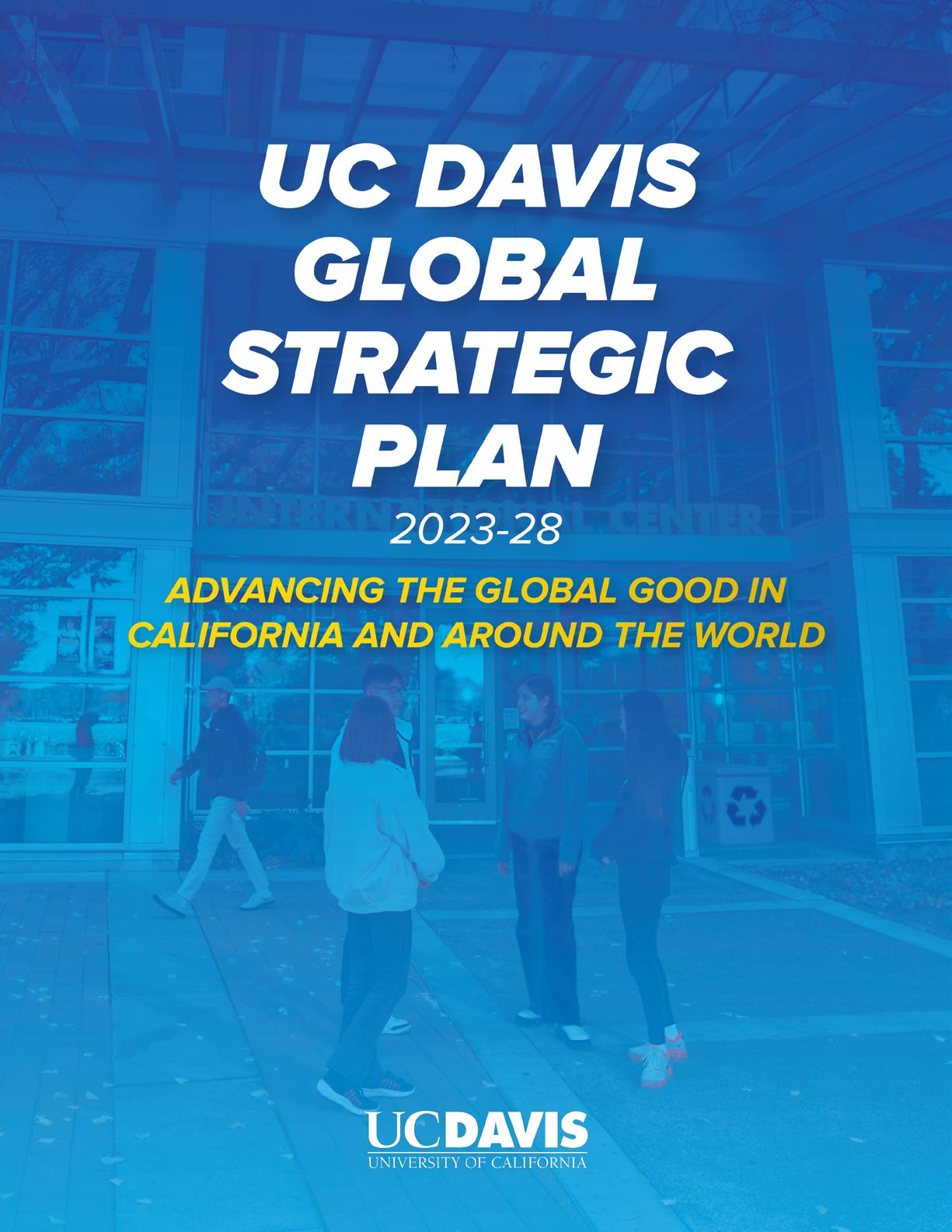
The University of California, Davis, is a comprehensive research and landgrant university engaged in a mission of teaching, research and service for the greater public good in California and beyond. UC Davis is one of only five public universities in the U.S. with a breadth of expertise that spans human health, animal health, agriculture and the environment. The university is an academically comprehensive campus, with more than 100 undergraduate majors and more than 100 graduate programs across four colleges and six professional schools.
UC Davis is committed to developing solutions for our most pressing global challenges and to preparing all students to become the collaborative and inclusive leaders of tomorrow. As a global university, UC Davis pursues equitable partnerships with communities and institutions around the world to address complex problems at every level. The most demanding challenges of today — such as climate change, food insecurity, forced migration, health, poverty and inequality — are, by their very nature, both local and global in scope and interconnected, as reflected in the 2030 Agenda for Sustainable Development and the UN Sustainable Development Goals (SDGs).
In addition, new technologies continuously expand our possibilities for collaborating in response to these challenges — providing us with the mechanisms to work across geographic and cultural borders. The COVID-19 pandemic accelerated technological innovation, yet it also highlighted how access to technology reflects systemic inequalities and directly affects education outcomes. The pace of change compounded by the need to disentangle misinformation and disinformation in digital spaces adds new burdens to learning environments and the work of scholars.
In support of the campus strategic plan, “To Boldly Go,” the UC Davis Global Strategic Plan focuses on strategies and actions that the campus will undertake over the next five years to strengthen and accelerate our global contributions.
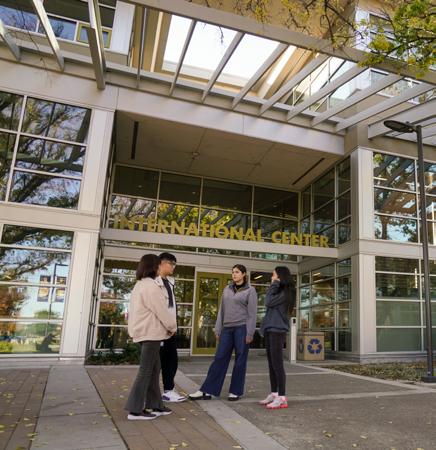

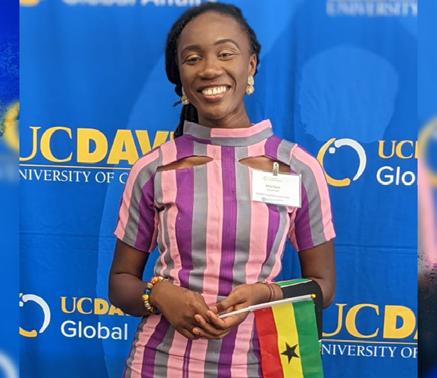
Teaching and Learning
As a global university in the 21st century, we have a responsibility to prepare all students for a highly interconnected world and to produce graduates who can collaborate ethically and effectively with a diversity of people and places — both locally and globally. We should celebrate, harness and share the cultural wealth and extensive global networks that our students, staff, faculty and alumni bring to the UC Davis community; this will, in turn, enrich our campus and empower our graduates as they pursue various career directions.
The UC Davis goal of Global Education for All aims to engage 100% of our undergraduate, graduate and professional students in global learning on campus, in the region and across the world, via new and existing opportunities. Global learning opportunities build capacity to collaborate equitably across cultural and geographic boundaries. As students gain life-shaping perspectives and experiences and valuable professional skills, they simultaneously grow capacity to address global challenges. Through accessible academic, experiential and living and leading opportunities, students are building awareness of global systems, developing abilities to embrace cultural diversity and gaining team problem-solving skills. The UC Davis Global Learning Outcomes can be adapted and refined across disciplines and emphasis areas for undergraduate, graduate and professional students.
1
INTRODUCTION
Research
As a leading research-intensive university, UC Davis plays a pivotal role in addressing complex challenges for the benefit of humanity and the planet and to achieve global goals. In collaboration with diverse partners around the world, UC Davis can exchange knowledge, develop research and innovation and expand locally developed research and innovation into worldwide impact. UC Davis Grand Challenges will catalyze our campus community to holistically tackle wicked problems by bringing together world-class researchers from all areas of study. From life-saving cancer treatments to clean energy breakthroughs, research and innovation from UC Davis improves everyday life in California communities and around the world. For example, research at the university solves problems through an integrated approach in which engineers, scientists, researchers and healthcare practitioners collaborate to spur bold and creative solutions.
UC Davis supports interdisciplinary research through organized research units, special research programs, IMPACT (Inter & Multidisciplinary Program to Accelerate Convergence & Translation) Centers and research instruments and central facilities. Many of the UC Davis research centers and institutes are globally-focused, and UC Davis research is tackling all 17 of the UN SDGs
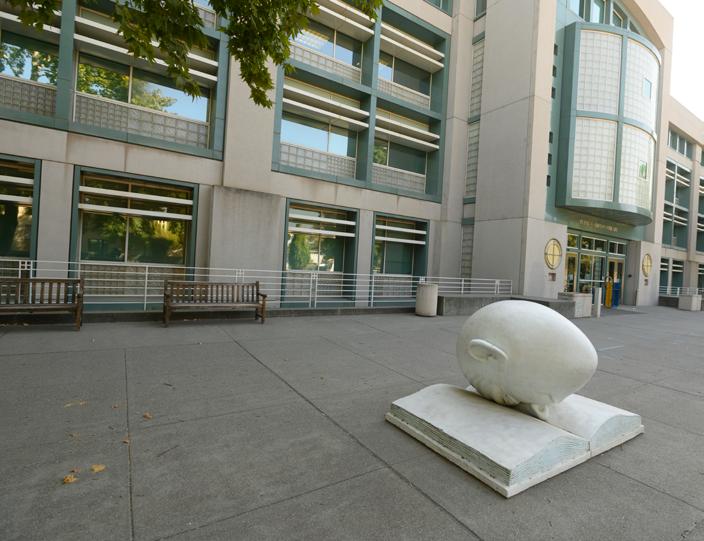
Our partnerships, innovative strategies and involvement in rapid-response situations continue to have positive research impact. Between 2012-21, 40.7% of scholarly output across UC Davis included at least one international co-author, leading to an average 53% higher field-weighted citation of impact and 15.1 more citations per publication than those that cited only domestic co-authors (SciVal, September 29, 2022).
Diversity, Equity and Inclusion
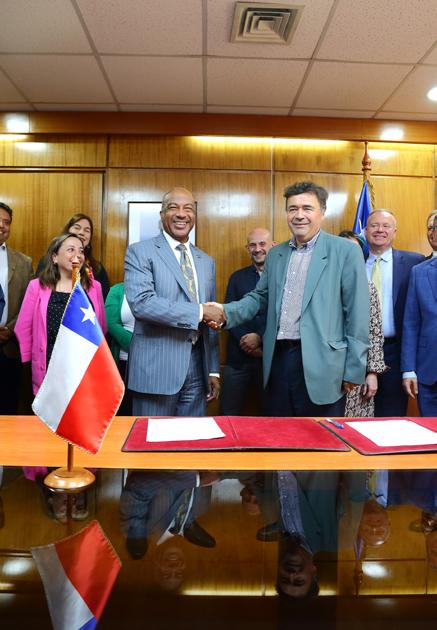
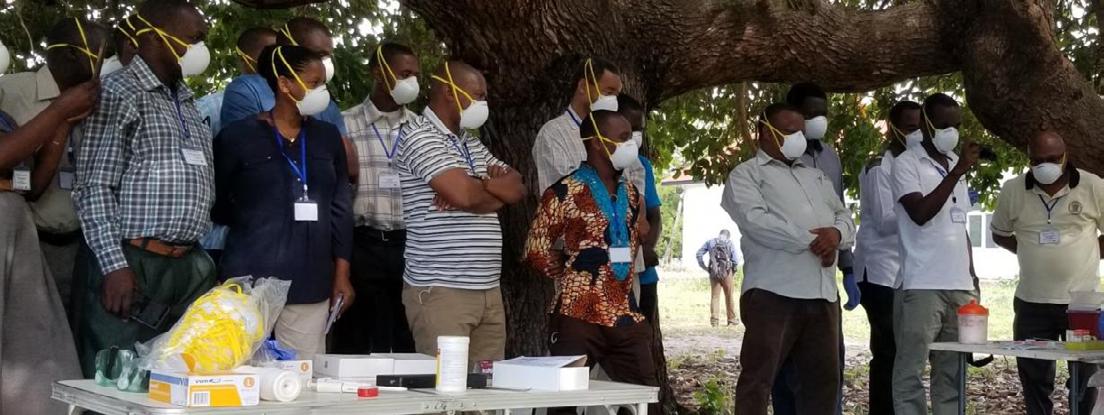
As a public, land-grant university that is ranked first among U.S. universities in the diversity and internationalization category within QS USA University Rankings (2020, 2021) and is located in the multicultural and globalized state of California, UC Davis strives to be a culturally responsive learning community. As stated in the UC Davis Diversity, Equity and Inclusion Strategic Vision (2017), UC Davis is pursuing a goal of “inclusive excellence” and “strives to create an environment where everyone feels included and heard.” We are committed to closing opportunity gaps in higher education — including for international, transnational and transcultural students. In the last decade, UC Davis has increased its diversity among its domestic students, many of whom bring with them a range of transnational or transcultural ties and identities. For example, nearly 60% of UC Davis students say that one or more of their guardians was born outside of the U.S. and 20% were themselves born outside of the U.S.
We recognize the historic systems of oppression that continue to affect inclusion, rights and opportunities globally. We strive to strengthen awareness, involvement, dialogue and community and to respond to the shifting global context in ways that uphold universal values of human rights and dignity for all. As we strive to welcome the world to UC Davis and serve the state of California, our commitment to inclusive excellence compels us to practice cultural humility, and to demonstrate care and honor for all people, from all countries and cultures. We will amplify the capacities our students have honed through lived experiences, to cultivate a sense of belonging and to develop the skills and knowledge that will enable us to help our students navigate challenges and stand out as graduates.
2
Partnerships
Global challenges are increasingly multifaceted, complex and interlinked. This has been recognized through the UN SDGs and other global commitments. Governments have neither the resources nor the capacity to effectively address common, wicked problems alone. Finding solutions requires collaborations at many levels, across different sectors and countries. As a university committed to global research, teaching and service, UC Davis plays a vital role in developing and sharing knowledge for the benefit of people and the planet.
Given the recognition and impact of UC Davis around the world in a diversity of fields, multidimensional global partnerships and activities and a large network of alumni, there is significant opportunity for UC Davis to serve as a bridge to connect and collaborate. Through our global engagement, UC Davis will continue to bring together expertise, support the next generation in learning collaborative approaches and foster diverse ideas to improve the lives of individuals and communities locally and around the world. Through our partnerships, we will seek to deepen working relationships and networks, invest in international collaborations and demonstrate leadership on global challenges, both in-person and through virtual technologies.
Innovation and Entrepreneurship
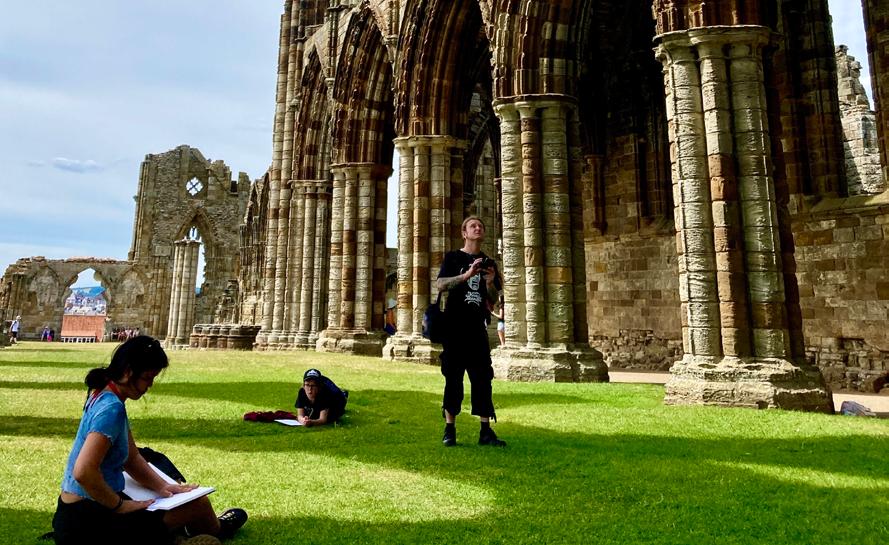
As a top-ranked global and research-intensive university, UC Davis continues to grow its international innovation, ensuring advanced research (including new products, medical treatments and technologies) to advance the global good in California and around the world. Strategies and initiatives must not only support the potential for research breakthroughs, but also carry them to translation into economic and societal impact. There is a strong demand for graduates to have the innovative and entrepreneurial attitudes and expertise needed in today’s global workplace and marketplace. Innovation is a global phenomenon that presents unique opportunities to bring discoveries to market in different contexts, to provide mutually beneficial learning and to share strategies and best practices.
Local and global challenges can only be solved with transdisciplinary approaches, intersectional lenses, transnational strategies and diverse perspectives. This Global Strategic Plan is a reaffirmation of the campus commitment to global collaboration, diversity and inclusion and innovation that leverages a multitude of expertise areas and experiences and sustainable and equity-centered practices.
The Global Strategic Plan expands upon the goals within “To Boldly Go,” the UC Davis 10-year strategic plan with the following strategies to guide the university’s global efforts.
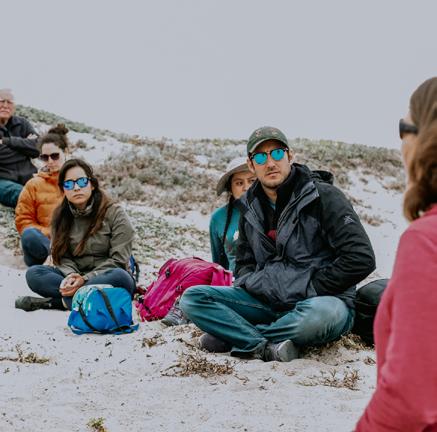
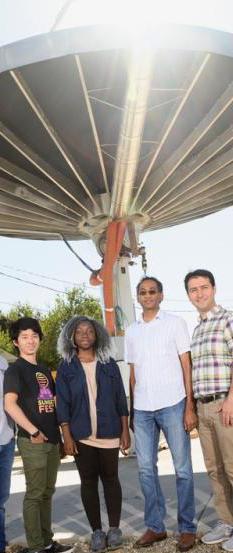
3
To cultivate a diversity of people, ideas, partnerships and solutions that advance the global good in California and around the world.
We envision a more knowledgeable, resilient, healthy and equitable world.
4
GOALS AND STRATEGIES
Goal 1
Provide an education that prepares all of our students to successfully meet the needs, challenges and opportunities of a diverse and interconnected world.
Global Strategies
1. Eliminate barriers and provide support to ensure that all students (undergraduate, graduate and professional) have access to global learning opportunities.
⊲ Incorporate global learning opportunities – both in person and virtual – into courses, programs and housing on UC Davis campuses and in the surrounding region. Facilitate student opportunities to pursue globally-oriented skills such as competence in another language, deep cross-cultural relationship-building grounded in cultural humility, collaborative research on local and global challenges and experiential opportunities (e.g. internships, externships, traineeships, community-engaged learning, study abroad and away and global professional networking). Support student engagement with the UN Sustainable Development Goals (SDGs) and the world’s wicked problems through these opportunities.
⊲ Support students in crafting personalized Global Learning Pathways through campus advising systems and ensure coordination with the Aggie Launch initiative.
⊲ Increase funding for student scholarships, fellowships and grants that support global learning, identify and promote funding sources for underrepresented students, including international students and visiting scholars and offer free and low-cost international/intercultural engagement opportunities that require short-duration or no travel.
2. Develop accessible systems for organizing and acknowledging global learning achieved by all students.
⊲ Redesign the undergraduate Global and International Studies minor to ensure alignment with the Global Learning Outcomes and flexibility to align with any major. Curate a set of minor courses within each school and college that help students meet core requirements.
⊲ Develop guidelines for graduate and professional certificates, designated emphasis areas and “tracks” that recognize graduate and professional student global and intercultural learning.
⊲ Develop and implement a system (e.g., portfolio, e-badging) to document, assess, and track global learning through co- and extra-curricular learning and life experiences on campus, in the U.S. and internationally.
3. Provide support for integrating global learning into academic curricula and co- and extra-curricular programming.
⊲ Encourage and support integration of Global Learning Outcomes into undergraduate courses, including required courses, and into every graduate and professional student curriculum in ways that align with programs and reflect the strengths and needs of our diverse population.
⊲ Develop and disseminate resources and professional learning opportunities regarding lifelong global learning and teaching for global learning for instructors and program leaders, and facilitate connections with local, domestic, and international collaborators.
⊲ Expand available funding for members of the campus community to seed global learning opportunities and ensure the recognition of individuals who are advancing global learning through awards, storytelling, and other visibility mechanisms.

5
Goal 2
Enable and support research that matters at the frontiers of knowledge, across and between the disciplines, in support of the health of the planet and the physical and societal well-being of its inhabitants.
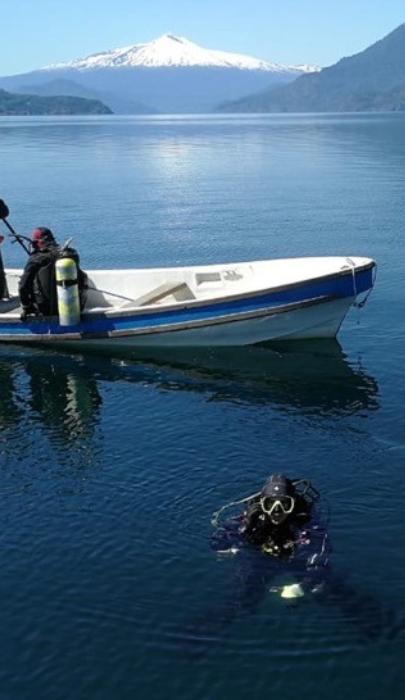
Global Strategies
1. Pursue international research activities and enhanced collaborations on urgent problems for local, regional and global communities.
⊲ Establish multi-dimensional institutional initiatives to support large-scale research collaborations.
⊲ Create and maintain at least five high-impact institutional partnerships and/or consortia to generate opportunities and resources that individuals could not access alone. As appropriate, select partner institutions that enhance multiple research areas, educational exchange or curricular codevelopment and/or service priorities.
⊲ Leverage Grand Challenges, IMPACT Research Centers and other relevant campus initiatives to enhance intellectual strengths and achieve significant local and global societal impact.
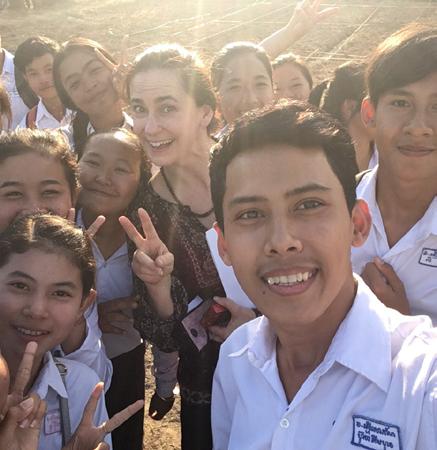
⊲ Enhance and expand UC Davis research capabilities by establishing access to top infrastructure, expertise, and resources that are not available on campus, such as location-based research, unique facilities (e.g., Large Hadron Collider) and/or expertise from international colleagues and institutions.
2. Support researchers in collaborating across countries, disciplines and communities through both individual and institutional partnerships. Encourage and enable faculty to develop these vital connections throughout their academic careers.
⊲ Expand seed funding and grant opportunities to provide individual researchers or clusters of researchers with support for global collaborations and connections. Ensure that programs reach underrepresented faculty, utilizing programs such as CAMPOS and CAMPSSAH, and elevate their contributions to research across campus and internationally.
⊲ Develop policies and practices to recognize international activities and international research of faculty and researchers, including early career researchers . Ensure that global activities are considered and valued in merit, tenure and promotion actions of faculty at all career stages.
⊲ Support faculty by offering seminars and workshops with funders, opportunities to collaborate on international grant programs and access to networks that can facilitate connections and amplify the work locally, nationally and globally.
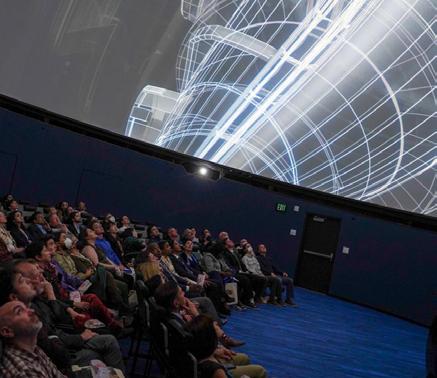
6
Goal 3
Embrace diversity, practice inclusive excellence and strive for equity. Make UC Davis a first choice for education and employment by supporting a culture that values the contributions and aspirations of all students, staff and faculty, promotes wellness and cultivates the open interchange of ideas.

SEE RELATED GOALS AND OBJECTIVES OUTLINED IN THE UC DAVIS DIVERSITY, EQUITY AND INCLUSION STRATEGIC VISION
Global Strategies
1. Remove barriers and build bridges so that enriching UC Davis experiences are accessible to a broad profile of students (including but not limited to international, resident transnational, domestic with diverse identities, AB540, DACA and undocumented students).
⊲ Recognize the contributions of our multicultural, global and transnational communities and acknowledge the unique perspectives they bring to UC Davis. Advocate for laws, policies and practices that reflect human rights, civil rights, equality and dignity of every individual.
⊲ Foster a welcoming environment to ensure that students from all backgrounds feel a strong sense of belonging and develop strategic partnerships and initiatives that support this. Continue to develop equity-based enrollment practices that promote UC Davis commitment to social mobility.
⊲ Create culturally responsive programs, educational opportunities, spaces and support mechanisms to help international and resident transnational students cope with campus and societal challenges, including racial and ethnic conflict.
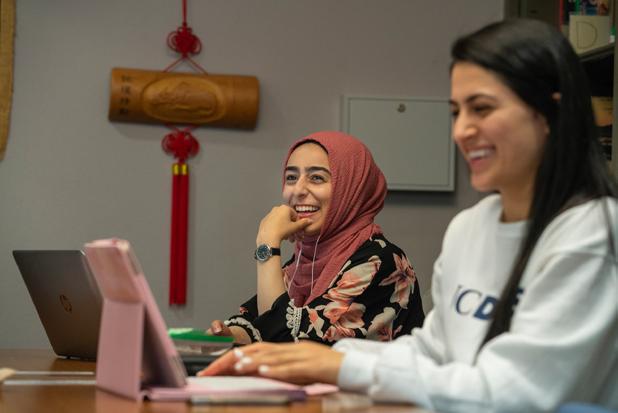
2. Close the opportunity gap for our global community of students by embracing linguistic, cultural and other types of diversity and elevating their successes.
⊲ Implement the recommendations from UC Davis taskforces on affordable housing, food security and mental health, recognizing that some communities may be less likely to seek assistance, and coordinate and promote services that are accessible for all students.
⊲ Collaborate with staff and faculty to maximize and expand access to the Summer Start and Language and Culture Coaching programs.
⊲ Enhance global employability and the entrepreneurial self-sufficiency of students without authorization to work in the U.S.
3. Establish an institutional culture that embraces our global campus and leverages multiculturalism in teaching, research and service.
⊲ Invest in student-centered, high-impact, holistic and culturally responsive academic, social, and career advising.
⊲ Provide faculty, staff and students with access to trainings, discussions and learning communities, to engage in constructive dialogue across differences and navigate complex global and local issues.
⊲ Utilize statements of contributions to diversity, equity and inclusion to hire staff and faculty who demonstrate a commitment to serving the needs of international, resident transnational students and undocumented, AB 540 and DACA students. Employ these statements as part of merit and promotion to incentivize staff and faculty to engage in activities that address linguistic, national origin or other types of cultural biases.
⊲ Provide legal and/or other services and resources for faculty and staff who may be experiencing precarity based on the uncertainty of their U.S. immigration status.
7
Goal 4
Support our community, region, state, nation and world through mutually beneficial and impactful partnerships that reflect a firm commitment to teaching, research and service and increase the visibility and reputation of the university.
Global Strategies
1. Identify and build platforms, both virtual and in-person, for UC Davis expertise to be at the forefront of relevant dialogues on shared local and global challenges.
⊲ Leverage partnerships, consortia, regional and global networks to expand collaborative work, foster thought leadership in communities of practice and advance relevant public policy issues.
⊲ Engage with a variety of academic, governmental, civil society and private sector partners to advance the 2030 Agenda and the Sustainable Development Goals through research, teaching, service and operations. Develop programs and partnerships with Grand Challenges to promote dialogue, share UC Davis expertise and build collaborations to further innovation.
⊲ Integrate global goals and challenges that have local, state and regional significance into UC Davis programs on the Davis and Sacramento campuses and throughout the Sacramento region and expand engagement with on campus and external partners to address them.
⊲ Embed virtual platforms and utilize technology in programs to foster connections and experiences with different regions of the world, to make global engagement accessible to all.
2. Engage the entire UC Davis community to create opportunities for global research, teaching and learning.
⊲ Work broadly across campus to generate new models for faculty, student and staff international engagement, including inperson and virtual exchange programs, collaborative projects, internships, externships and professional opportunities.
⊲ Articulate global partnership strategies to support the needs, perspectives, and interests of the UC Davis community, aligning partnerships with institutional priorities at the campus, school and college and unit levels.
⊲ Engage alumni (individuals who have graduated with UC Davis degrees and individuals from around the world who have participated in programs at UC Davis) to develop global collaborative learning and research activities with other institutions (including universities, businesses, governments and NGOs).
3. Tell the UC Davis global story to increase our visibility and reputation and inspire long-term global engagement.
⊲ Utilize communications platforms and leverage campus branding to create materials and resources and new digital strategies that engage international audiences, build community and complement ongoing international initiatives, partnerships, recruitment and more.
⊲ Expand opportunities for alumni, parents, scholars and donors around the world to learn about UC Davis’ work on global issues and to act as ambassadors for the university.
⊲ Work to generate the philanthropic giving to support a robust portfolio of global research, teaching and learning opportunities.

8
Goal 5
Create an intellectual and physical environment that supports the development of an innovative and entrepreneurial culture that extends the benefits of our research, education and outreach activities beyond the boundaries of the university.
Global Strategies
1. Build partnerships to broaden awareness of global innovation born at UC Davis, expanding opportunities for new ventures and collaborations.
⊲ Support partnership programs that lead to cross-promotion, soft landing opportunities and engagement with global innovation ecosystems (e.g., UC Davis Venture Catalyst Worldwide Accelerated Research Partnership [WARPTM] Program).
⊲ Provide expanded opportunities for university-associated startups to accelerate technology commercialization and global growth through exposure to networks, talent, funding and partnerships.
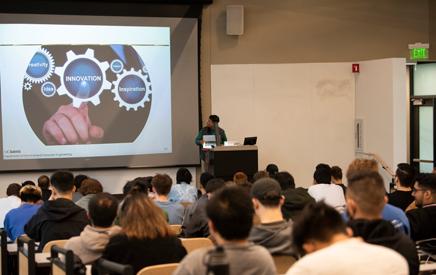
⊲ Expand international training and educational opportunities on indemand topics, and continue to exchange expertise and best practices on research and innovation.
2. Create both physical and virtual spaces to nurture interdisciplinary collaborations across teaching, research and service to address global challenges.
⊲ Develop new physical and virtual spaces where changemakers from across schools and colleges can come together to innovate and collaborate. Utilize the new Grand Challenges Solutions Hub (planned building) as a focal point for transdisciplinary collaboration campuswide.
⊲ Expand existing classrooms to incorporate opportunities for virtual learning and global engagement. Build technology support for virtual classes, virtual internships and e-portfolios.
⊲ Support comprehensive student career preparation, including internships, co-ops and other forms of experiential learning, through Aggie Launch.
3. Advance shared local and global goals through innovative initiatives with the surrounding region.
⊲ Build opportunities to connect global challenges with local solutions through Aggie Square and ongoing community, government and industry engagement in Sacramento and the region.
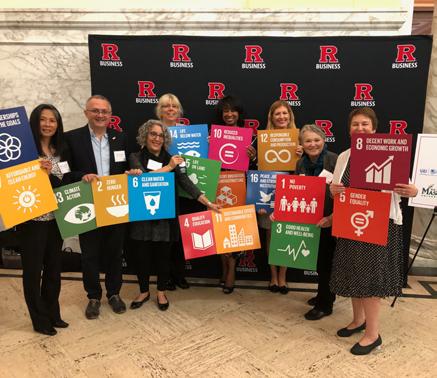

⊲ Facilitate the involvement of diasporas in the region to connect students, faculty, staff and alumni for mutual learning and projects that strengthen global ties and benefit local communities.
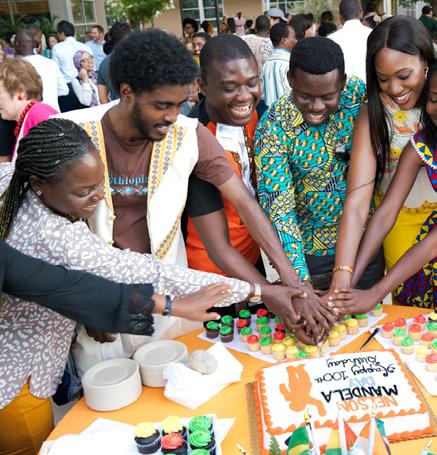
9
GLOBAL STRATEGIC PLANNING COMMITTEE
Co-Chairs
H. Rao Unnava, Michael and Joelle Hurlston Dean and Professor of Marketing, Graduate School of Management
Fadi Fathallah, Professor and Department Chair, Biological and Agricultural Engineering; Former Associate Vice Provost of Global Education and Services, Global Affairs
Members
Colleges and Schools
College of Agricultural and Environmental Sciences: Ermias Kebreab, Professor, Animal Science, Associate Dean for Global Engagement
College of Biological Sciences: Walter Leal, Distinguished Professor, Molecular and Cellular Biology
College of Engineering: Roland Faller, Professor, Chemical Engineering; Executive Associate Dean, Facilities and Capital Planning, Graduate Studies
College of Letters and Science: John Slater, Former Professor and Department Chair, Spanish
School of Education: Nancy Erbstein, Associate Vice Provost of Global Education, Global Affairs, and Associate Professor in Residence, School of Education
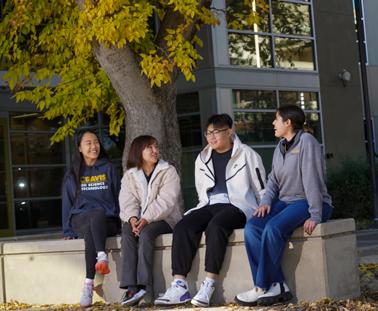
Graduate School of Management: H. Rao Unnava (co-Chair), Michael and Joelle Hurlston Dean and Professor of Marketing
School of Law: Beth Greenwood, Associate Dean for International Programs, Director of LL.M. programs and Lecturer in Law
School of Veterinary Medicine: Patricia Conrad, Distinguished Professor Emerita and Former Associate Dean for Global Programs
UC Davis Health: Michael Wilkes, Professor of Internal Medicine and Director, Global Health
Academic Senate
Committee on International Education: Timothy McNeil, Professor of Design, College of Letters and Science
Graduate Council: Carlee Arnett, Professor of German; Director of the UC Davis Language Center (DLC), College of Letters and Science
Undergraduate Council: Colleen Bronner, Associate Professor of Teaching, Civil and Environmental Engineering, College of Engineering
Other Campus Units
Budget and Institutional Analysis: Erika Jackson, Assistant Director of Institutional Research
Continuing and Professional Education: Anneli Adams, Associate Dean for International and Access Programs
Diversity, Equity and Inclusion: Raquel Aldana, Professor of Law; Former Associate Vice Chancellor for Academic Diversity
Enrollment Management: Donald Hunt, Former Associate Vice Chancellor for Enrollment Management
Global Affairs: Michael Lazzara, Associate Vice Provost of Academic Programs and Partnerships, Global Affairs; Professor of Latin American Literature and Cultural Studies
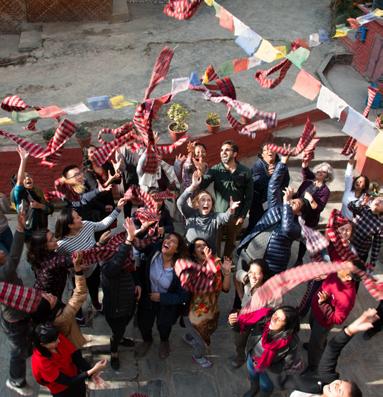
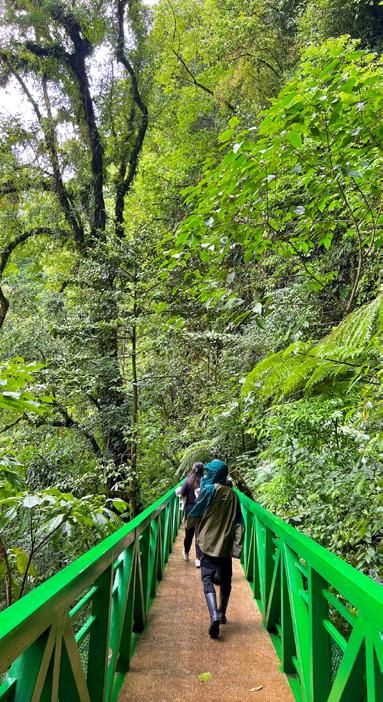
Global Affairs: Bonnie Shea, Former Executive Director of Marketing and Communications, Global Affairs
Global Affairs: Jolynn Shoemaker, Director of Global Engagements, Global Affairs
Office of Research: Paul Dodd, Former Associate Vice Chancellor for Interdisciplinary Research and Strategic Initiatives
Students
Undergraduate Student: Sanjana Battula, Neurobiology, Physiology and Behavior, College of Biological Sciences; Former Liaison with ASUCD
Graduate Student Association: Gwen Marie Chodur, Ph.D. Candidate, Nutritional Biology
globalaffairs.ucdavis.edu/global-strategic-plan




























